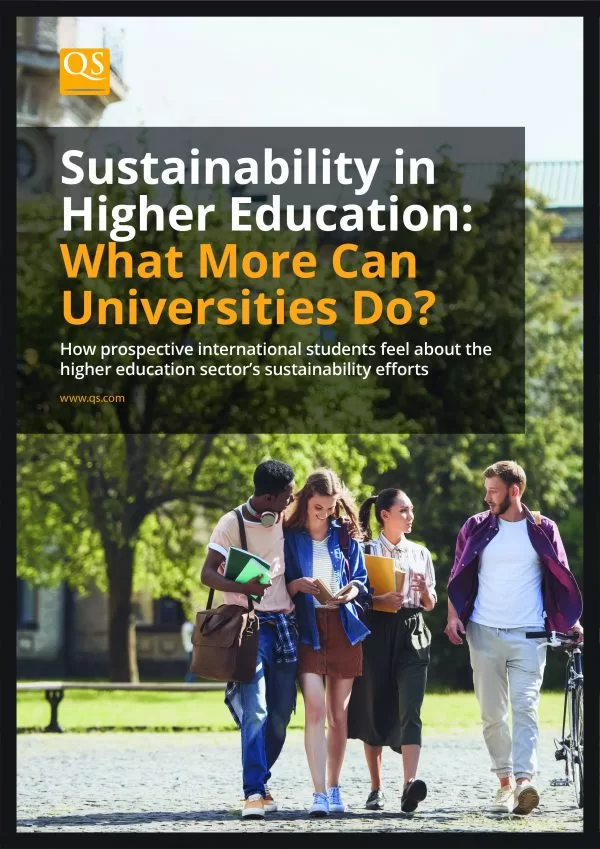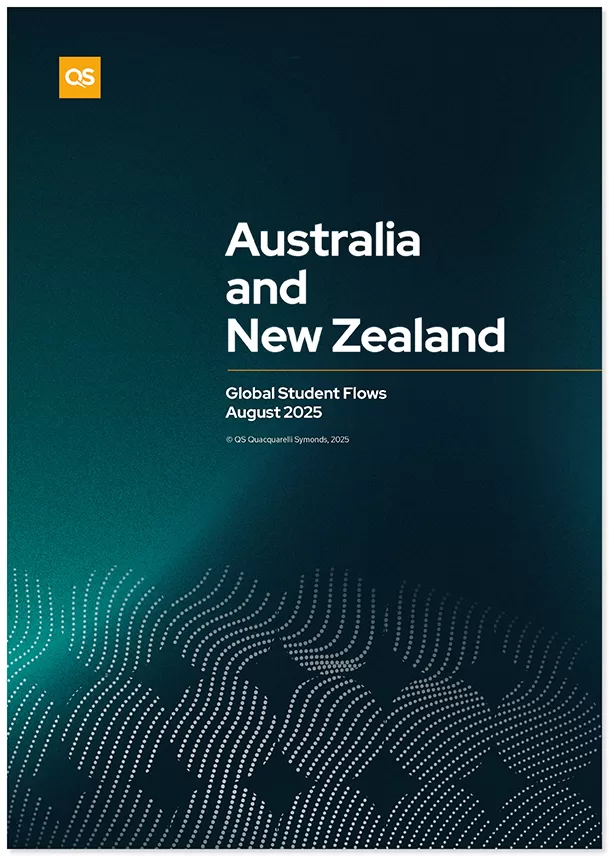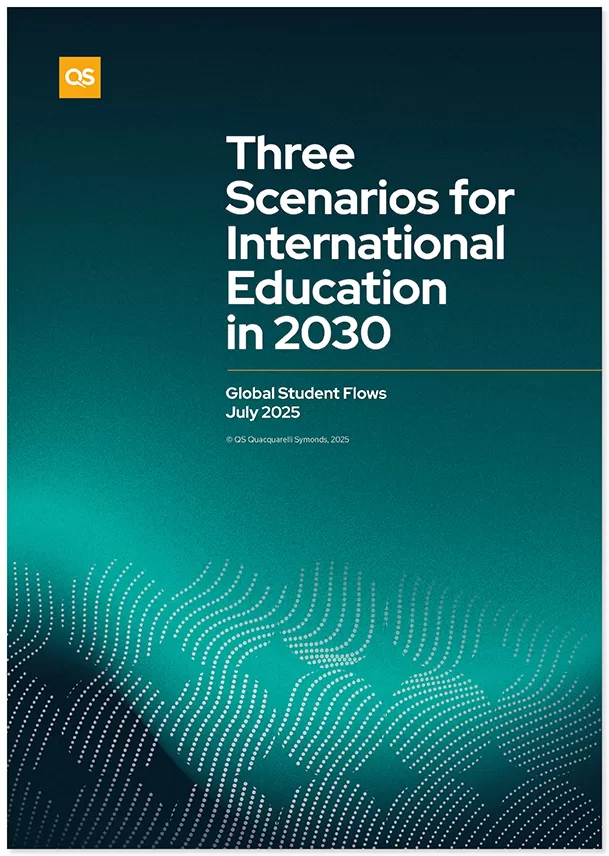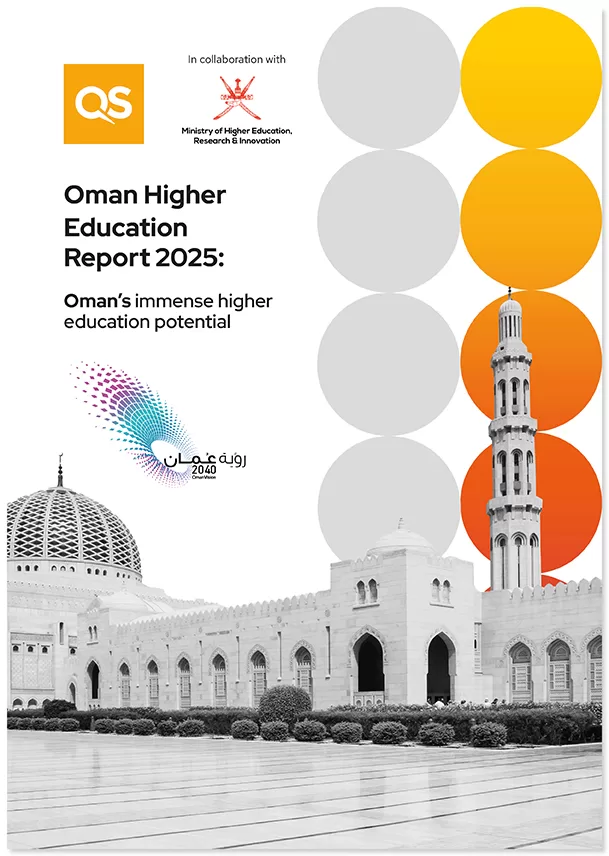
Are universities meeting students’ expectations when it comes to sustainability?
According to the recent QS Environmental Concerns Survey, 94% of prospective international students believe that universities could do more to be environmentally sustainable.
This report details the key findings from the survey, including the views of prospective international students on:
- How environmentally friendly universities are
- What universities can do to address environmental concerns
- How the higher education should teach students about sustainability
Fill out the short form to download your free copy of the report today.



